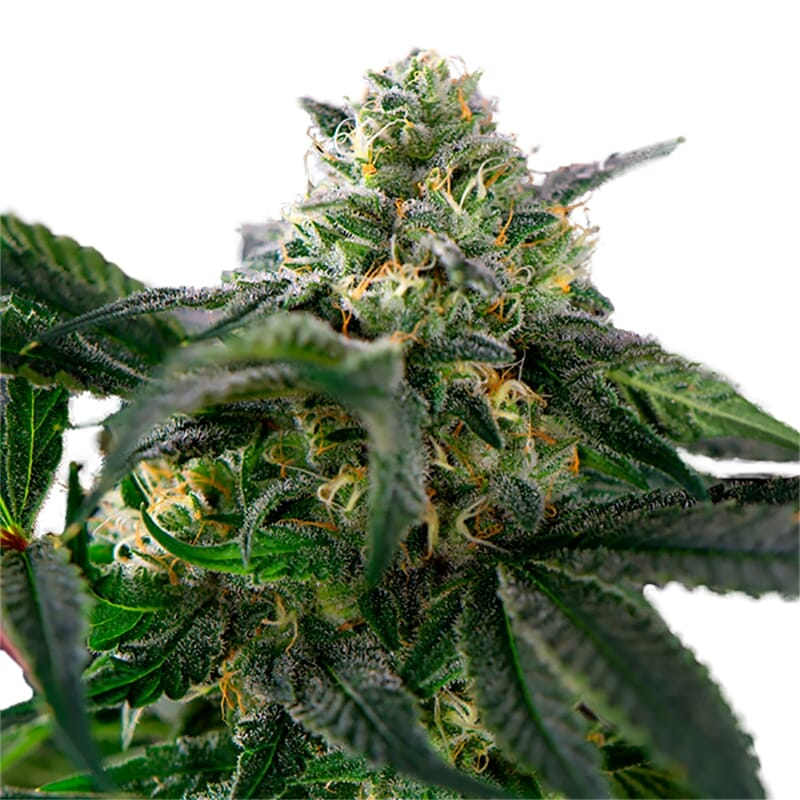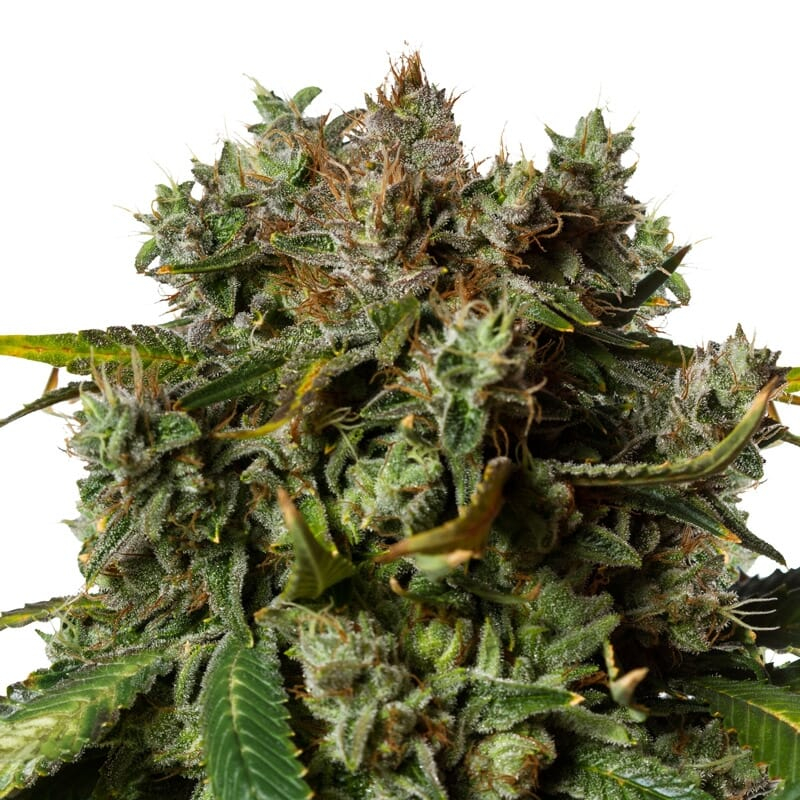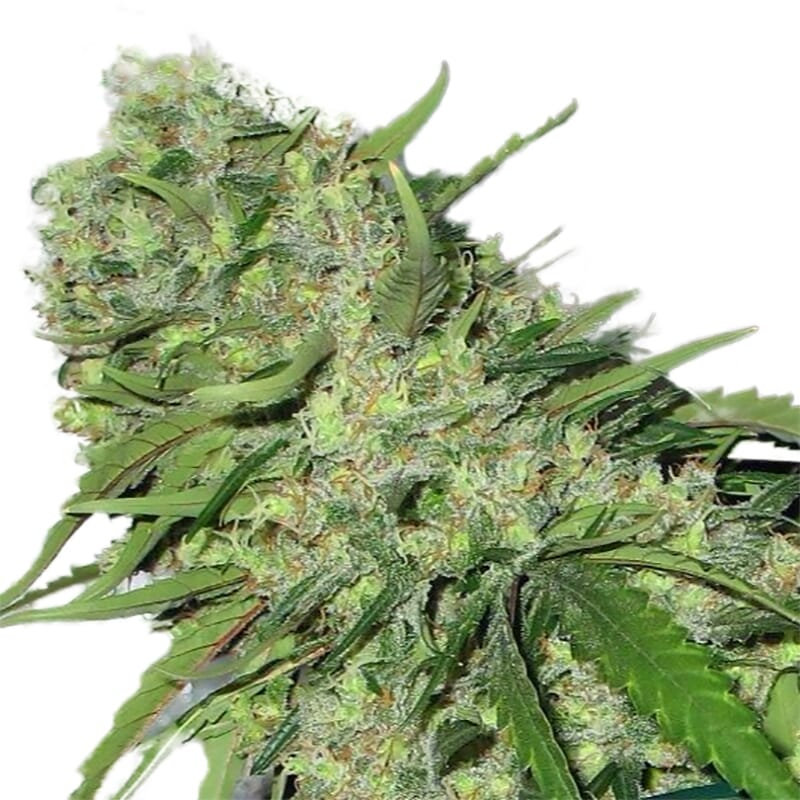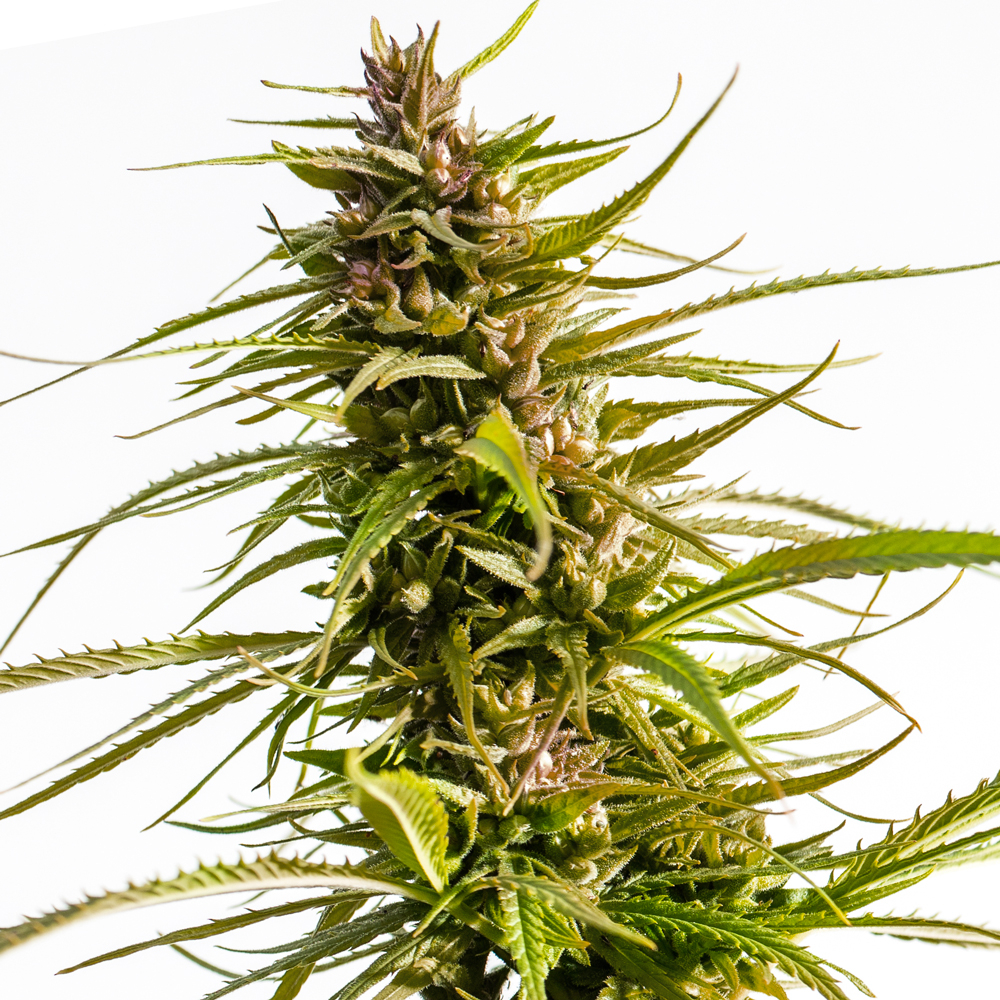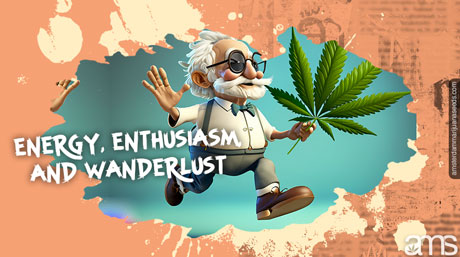The Spiritual Technique of Self-Transcendence and Cannabis
I’m high, I’m from outer space,
I got Milky Way for blood, evolution in my veins
I’m gone, I’ve been far away
I’m a lumineer now, l make moves start waves
I’ve been dreaming about flying for a long time
I had a vision from the greys, they want a co-sing
Artificially intelligent new A.I
I’m your future, past and present, I’m a fine line
Yeah I’m a missing link, of this illusion
I am not really here, I’m an intrusion
I don’t swim or sink, I just float
I don’t need gravity, I just need growth
When I move it’s an earthquake rumble
I will never ever fall, never stumble
And I don’t need to be humble
Break down walls like Jericho Crumble
Self-transcendence is an elusive concept that is often relegated to the realm of philosophical discourse, psychology, and spirituality. It is seen as the means to move beyond the self, an invitation to foster a deeper connection with the world, and a way to seek a greater purpose in life. In the course of this transcendental journey, many individuals have employed various techniques, tools, and substances, among which cannabis has drawn significant interest. This article explores how the use of marijuana can aid in applying the spiritual technique of self-transcendence, casting oneself as an actor on the scene of life.
To start, it is essential to understand the concept of self-transcendence.
Coined by the psychologist Abraham Maslow, it refers to the ability to move beyond one’s physical and mental self, reaching out toward a broader, interconnected, and holistic perspective. Maslow placed self-transcendence at the pinnacle of his hierarchy of needs, suggesting that it’s a natural progression once the fundamental human needs are met. It symbolizes the ability to perceive oneself as an actor on life’s stage, acting out the grand drama of existence and yet, detached from it.
Becoming an Actor on the Stage of Life
In the grand theater of life, the spiritual technique of seeing oneself as an actor is liberating. It allows for the transcendence of the individual ego, as one sees oneself in a broader perspective. It implies that while we actively partake in life, we can detach ourselves from its outcomes and events, viewing them as external occurrences. We are then less affected by triumphs and tribulations, as we understand that they are transient and part of the larger script of existence.
Cannabis has been used for thousands of years in different cultures as a spiritual aid. The plant’s active compound, tetrahydrocannabinol (THC), can produce effects such as altered states of consciousness, heightened sensory perception, and an enhanced sense of unity with the universe, which can facilitate this process of self-transcendence.
One way cannabis helps with self-transcendence is by enhancing mindfulness, a state of being intensely aware and present in the moment. Research indicates that marijuana can heighten the senses, making users more conscious of their immediate surroundings. This heightened sensory awareness can facilitate mindfulness, enabling users to step outside their subjective experience, observing their actions and emotions with a detached perspective, much like an actor observing their performance.
Cannabis also aids in dissolving the rigid boundaries of the ego. In their sober state, individuals often define themselves by their jobs, their relationships, their successes, and their failures. However, under the influence of marijuana, users report feeling less bounded by these definitions, experiencing a sense of fluidity in their identities. This dissolution of the ego mirrors the spiritual technique of seeing oneself as an actor, fostering a detachment from one’s limited identity and promoting self-transcendence.
The plant also helps users tap into their subconscious minds, promoting introspection and self-reflection. As users delve into the depths of their minds, they can recognize patterns of behavior and thought that typically go unnoticed. This heightened self-awareness allows them to play their roles more consciously on the life stage, fostering deeper understanding and compassion for themselves and others.

Another pivotal aspect of cannabis use is the feeling of unity and connection it often fosters. Users report feeling a profound sense of interconnectedness with the world around them. This sense of unity correlates with the spiritual goal of self-transcendence, of realizing one’s place within the grand tapestry of existence.
While the spiritual journey of self-transcendence is deeply personal and subjective, marijuana use can serve as a tool to facilitate this process. However, it is crucial to note that cannabis is a tool, not the solution. The spiritual technique of self-transcendence requires intention, mindfulness, and practice. The use of weed should be approached with respect, understanding, and moderation, guided by informed decision-making, and ideally under the guidance of a knowledgeable practitioner.
In conclusion, cannabis can be a valuable tool in the spiritual pursuit of self-transcendence. It can aid in cultivating mindfulness, dissolving the ego, fostering introspection, promoting feelings of unity, and dealing with anxiety. As we embark on the journey of seeing ourselves as actors on the stage of life, marijuana can help us transcend our limited perspectives, embrace our roles with detached involvement, and move toward a deeper connection with the grand spectacle of existence.

“In the moment the difficult, negative things happen in your life, in that very moment, tell yourself:
“I have been waiting for this special moment all my life, and here it came…”
“This is my special moment in the greatest scene of my own life and the life of other people involved in this moment.”
Ask yourself questions:
“What role am I playing?”
“Am I playing the role of a deeply hurt, triggered, and reactive person?”
“What role would I like to play?”
“Will I embody understanding, acceptance, peace, forgiveness?”
“Can I detach from my small, low self-esteem ego, thoughts, and feelings?”
“Do I want to be somebody bigger, like a hero? What would a hero say in this moment and place?”
“What words will I say to support myself and embrace others on this stage, in this scene, especially those who are lost in negative space, in doubt of themselves and others’ good intentions?”
“It’s my choice NOW, how all the people in this scene will remember me…”
“I can choose to express Peace, Gratitude, Transcendence…”
“If I could find the words to make myself and everybody else feel better, what are those words?”
“My Peace, I have it with me radiating from my Presence, the deepest peace and clarity of this moment that is just happening.”
Say:
“It’s not a coincidence. We all are present here, take part in this difficult moment.”
“It’s hurting me as much as it is hurting you…”
“How can we make it better?”
(and just let your heart guide you now …)”
FAQs about Cannabis and Self-awareness
How does cannabis enhance mindfulness and self-awareness?
Marijuana can heighten sensory perception, making users more aware of their immediate surroundings. This heightened awareness can facilitate mindfulness, allowing individuals to observe their actions and emotions from a detached perspective, similar to an actor observing their performance.
Can cannabis help dissolve the ego?
Yes, under the influence of cannabis, users often feel less confined by their usual self-definitions related to their jobs, relationships, and achievements. This experience of fluidity in identity can foster a sense of detachment from the ego, promoting self-transcendence.
What precautions should be taken when using weed for self-transcendence?
It's important to approach weed use with respect and moderation. Understanding that marijuana is a tool, not a solution, is crucial. The journey of self-transcendence requires intention, mindfulness, and practice, ideally under the guidance of a knowledgeable practitioner.
Disclaimer: The content provided in AMS blog articles, including those related to medical seeds, is strictly for informational and entertainment purposes only. It is not intended to be taken as medical advice. For any medical concerns or questions, we strongly recommend consulting with a qualified healthcare professional. Your health and well-being are important, and a healthcare provider can offer personalized advice and guidance based on your specific needs.




